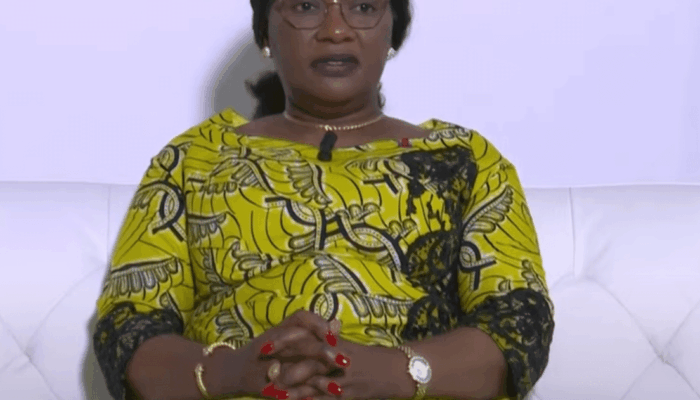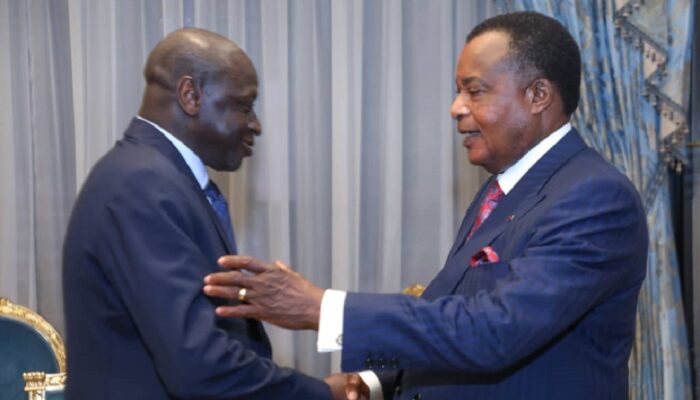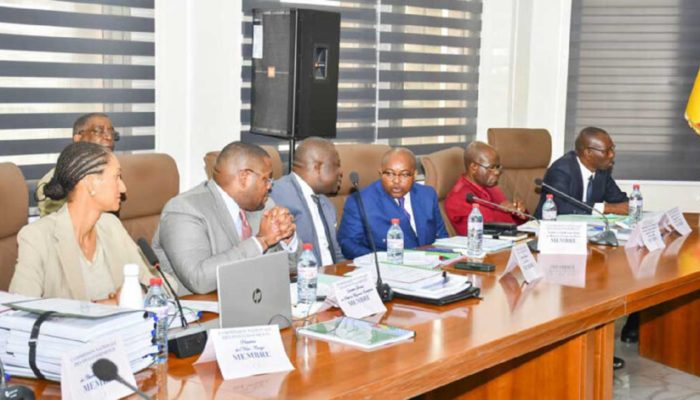On October 8 in Brazzaville, Prime Minister Anatole Collinet Makosso chaired the opening ceremony of the annual general assembly of the Union of Economic and Social Councils and Similar Institutions of Africa (Ucesa) , coupled with the Conference on “environmental issues and sustainable development in Africa .”
The stakes being, among others, the examination of the activity report, the draft strategic plan, as well as the draft revisions of the statutes and the accession of a new member, in this case Zimbabwe. The Brazzaville conference brings together, in fact, around ten member countries of UCESA, including Morocco, Benin, Ivory Coast, Mali, the Democratic Republic of Congo, the Central African Republic, Chad, Cameroon, Madagascar and Zimbabwe. In addition, there are partners such as the Economic Council of China, the Union of Economic Councils of the Member States of the Francophonie, the European Economic Council, the Economic, Social and Cultural Council of the African Union as well as the Intergovernmental Panel on Climate Change.

The President of the Economic, Social and Environmental Council of Congo, Emilienne Raoul, in her speech, recalled that Ucesa is committed to achieving the objective of the Charter for the Sustainability of Africa’s Development. “This sustainability charter is in line with the United Nations 2030 Agenda and the African Union’s 2063 Agenda. It is based on the human rights that each State has committed to achieving by 2030 as part of the SDGs. Our role, as a consultative assembly bringing together civil society, is to ensure the monitoring and evaluation of public policies adopted by our governments at the national and local levels ,” she said.
The representative of the Chilean Meri Foundation, co-organizer of the Brazzaville conference, Ms. Patricia, indicated that Africa represents the largest reserve of diversity on the planet. According to her, it is time to change mentalities and move towards a new state of consciousness. She also stressed the need to work in alliances between the public, private and civil society sectors in order to guarantee public policies for the mitigation and adaptation of climate change as well as the conservation of biodiversity. “Today, Latin America and Africa face common challenges that obviously require the presence of the private sector, but also require strong and concrete conclusions and decisions on climate change, biodiversity conservation and pollution ,” she said.
The current president of Ucesa, Ahmed Reda Chami, for his part, recalled that his institution is resolutely carrying out advocacy and awareness-raising actions so that adaptation policies are more based on the needs of citizens. Ucesa plans, he announced, very soon with the support of its partners, to promote the ratification of international provisions on sustainable management of natural resources. Welcoming the important results recorded, he deplored the absence of the Economic and Social Councils of Senegal, Burkina Faso, Niger and Guinea at the 2024 general assembly due to a turning point in their institutional life, or even instability.
Recalling the economic, social and environmental context that is undermining the entire planet, the Congolese head of government maintained that the economy, social issues and the environment are the main pillars of human development. According to him, given the current situation, the socio-economic and environmental reality of Africa, the Economic, Social and Environmental Councils have a vital role to play. “For those in power, you are the council, a force for proposals. You must know that your opinions count; they inform and even guide certain political choices, or even certain decisions. It is up to you to inform the government, to sound the alarm. You are traffic lights capable of indicating red, orange and green ,” stressed Anatole Collinet Makosso, specifying that UCESA should be a framework for regional integration, reflection and exchange of experiences on subjects of common interest related to these concerns that constitute the challenges to be met by our States.
If the National Assembly and the Senate are political chambers, the Economic, Social and Environmental Council, for its part, is, said the Prime Minister, the body of organized civil society. “The Economic, Social and Environmental Council is therefore not one institution too many. On the contrary, it is part of the modernization of the democratic game to establish a framework that promotes dialogue between the different components of civil society, by ensuring exchanges with political decision-makers, the representation at the national level of professional organizations and communication between the different players in the economy ,” he concluded.






